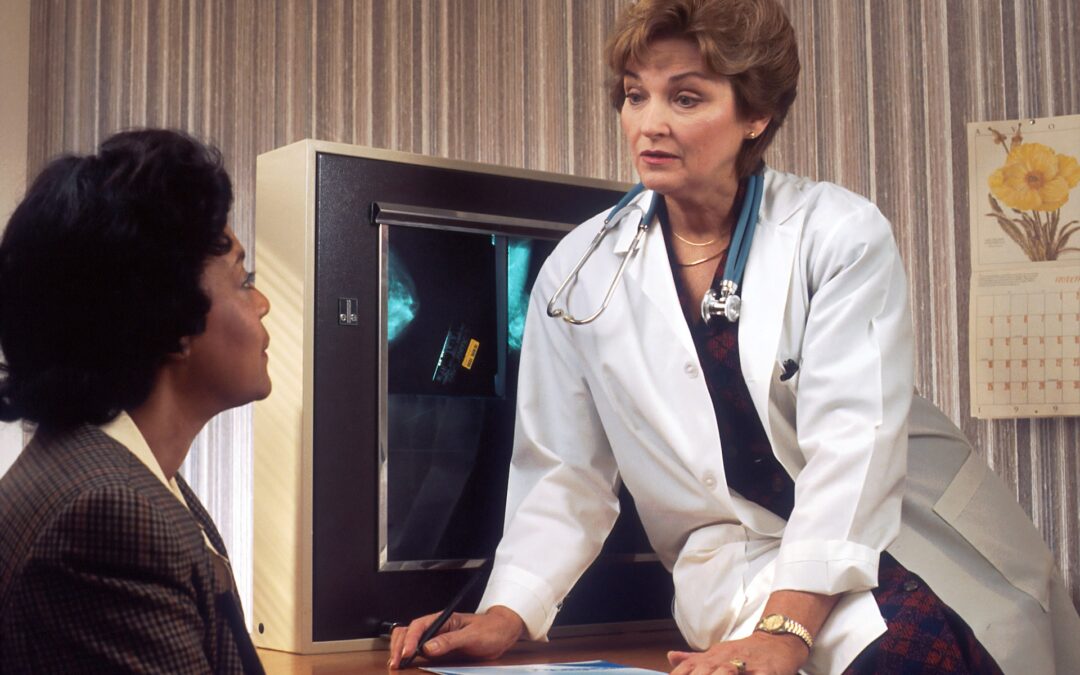Chronic care management (CCM) is a care coordination service for patients with multiple chronic conditions. CCM is delivered by a team of health care professionals who work with patients to develop a plan of care and coordinate services. The goal of CCM is to improve patient outcomes by helping patients manage their chronic conditions and avoid complications.
Patients can get CCM through their primary care provider or through a CCM provider. Continue reading to learn more about CCM’s impact and how patients can benefit from it:
The Impact of Chronic Care Management
Patients with chronic conditions need more frequent and specialized care than those without chronic conditions, and CCM can help to ensure that they receive the care they need to manage their condition and improve their health.
This has led to better self-reported health status, higher patient satisfaction, and better medication adherence. Patients who received CCM had notably fewer hospitalizations, emergency department visits, and outpatient visits than those who did not receive CCM.
The Patient Perks of Chronic Care Management
There are many perks to chronic care management for patients. These include attaining good mobility and sleep, avoiding the need for in-person visits, and having more time and energy. Here’s more insight on these benefits:
- Attaining Good Mobility and Sleep. Good mobility and sleep are important for overall health and well-being. CCM can help patients attain these by coordinating care and ensuring they receive the care to manage their chronic conditions.
- Avoiding the Need for In-Person Visits. In-person visits can be time-consuming and inconvenient. CCM can help patients prevent these by providing chronic care while they’re home and arranging meetings only when needed.
- Having More Time and Energy. CCM can allow patients more time and energy by providing them with the care and support to handle their chronic conditions. This can free up their schedules and improve their quality of life.
The Conditions Addressed by Chronic Care Management
CCM CCM is designed to address the needs of patients with chronic conditions. The most common chronic conditions that CCM can address include. It’s best to consult your CCM provider to understand whether your disease or illness is covered. The most common chronic conditions that CCM can address include:
- Asthma. There are many different types of asthma, and the condition can vary from person to person. Some people have mild asthma that only flares up occasionally, while others have severe asthma that is always present.
- Arthritis. Arthritis is quite a common condition that affects millions of people worldwide. It can cause chronic pain and inflammation in the joints and can make it difficult to move around.
- Dementia. Dementia is a general health term for a decline in mental ability due to disease or injury. Dementia affects memory, thinking, and judgment. Such a condition can make it hard to do everyday tasks.
- Diabetes. Diabetes is a chronic or long-lasting disease that affects the way your body converts food into energy. Most of what you consume is broken down into sugar, or glucose, and released into your bloodstream.
- Hypertension. Hypertension or high blood pressure is recognized as a chronic condition in which the blood forced against vessel walls is too high. This can lead to very serious health problems, such as heart disease, stroke, and kidney failure.
Conclusion
Chronic care management focuses on helping patients with chronic conditions improve their overall health and long-term quality of life. If you have a chronic condition, talk to your doctor about whether CCM could be right for you.
In need of chronic medical care and management? Family Medicine and Wellness in Michigan, USA believes that health and wellness are of utmost importance for well-being and are attained through a personalized patient-physician relationship. Get in touch with us today!



Recent Comments